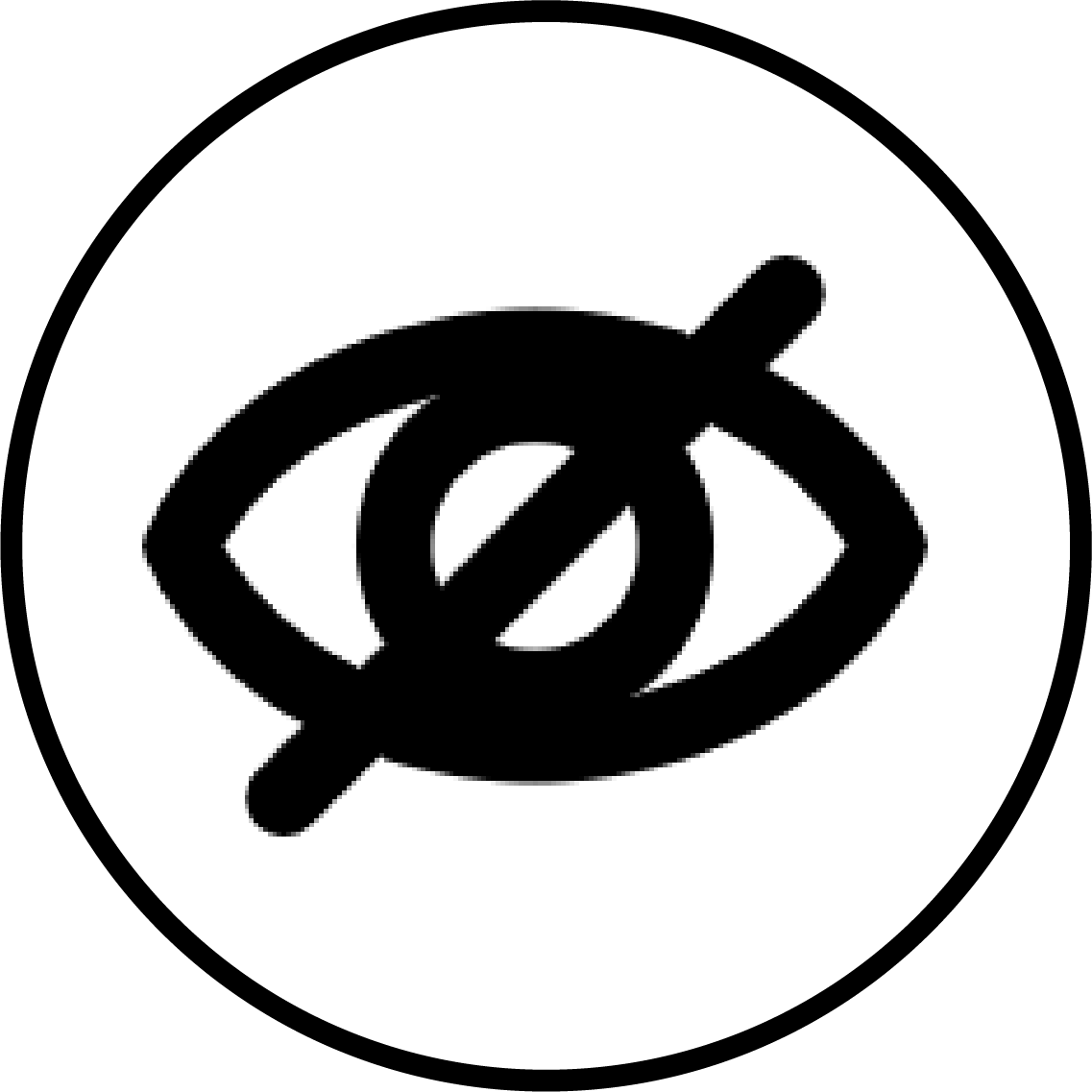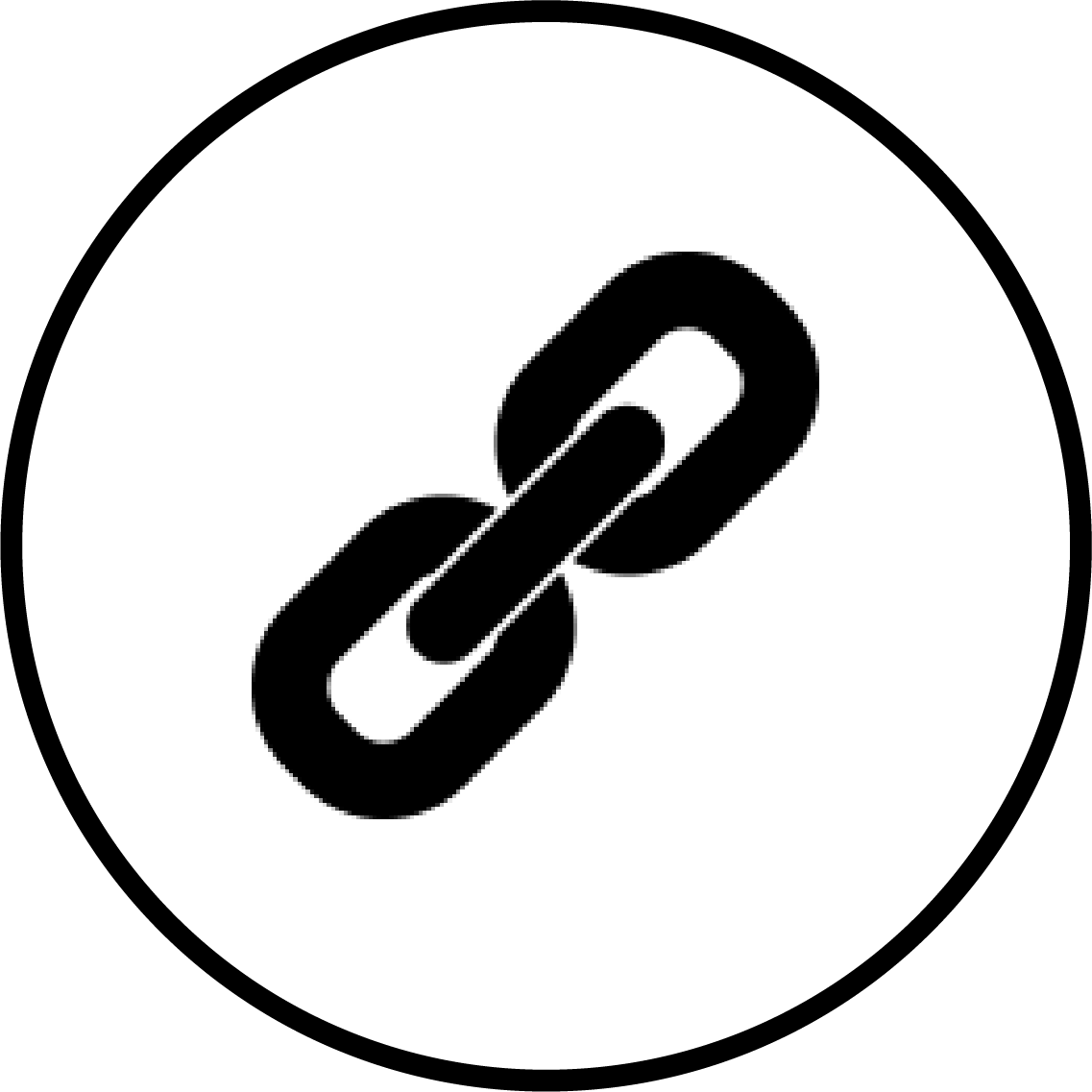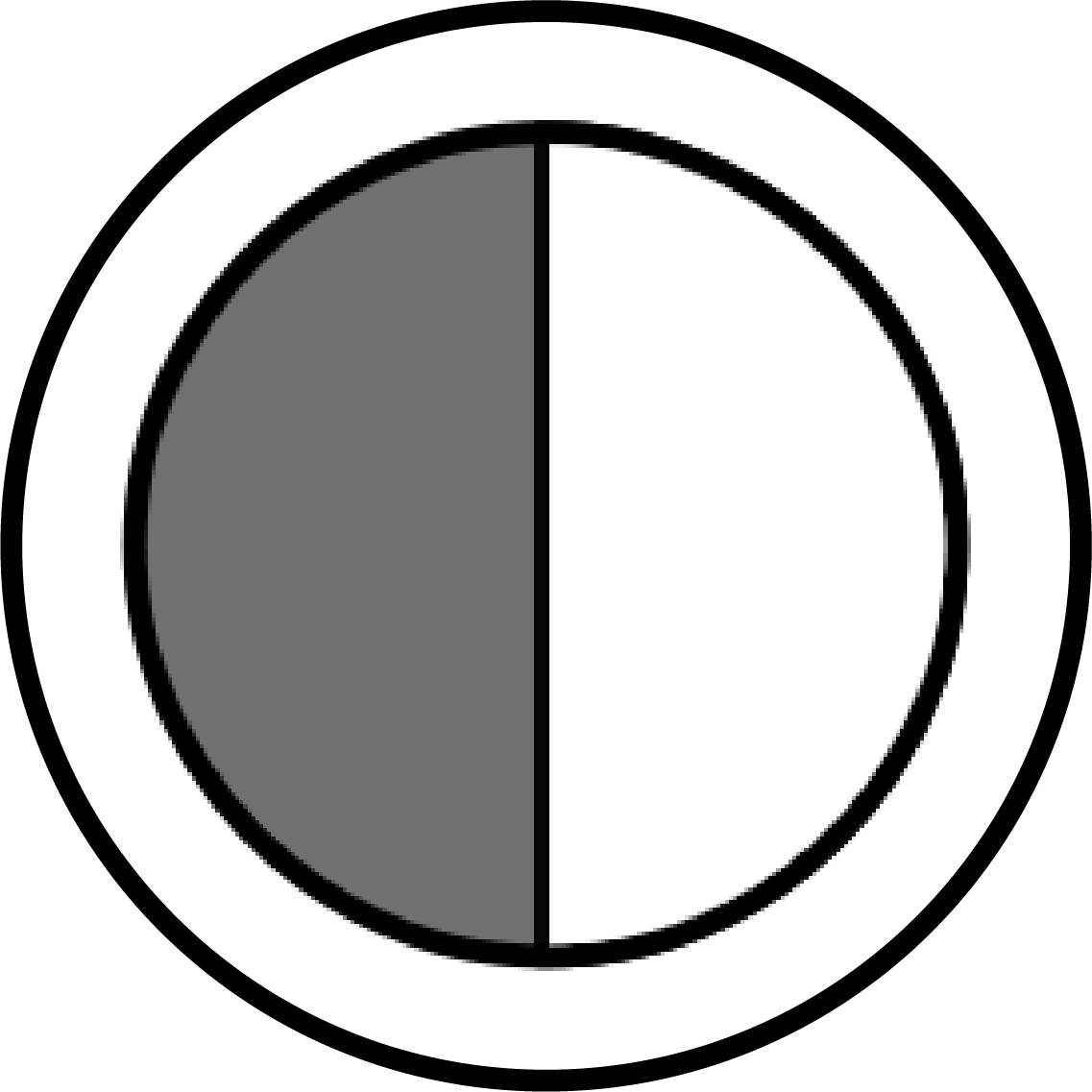.png)
Marking two years since the enactment of the Nation-State Law, our webinar, Second Class by Law: Challenging Two Years of Nation-State Law Through Solidarity, focused on exploring the ramifications of the Nation-State Law over the past two years on the Palestinian Arab community and other marginalized groups in Israel. Moderated by the Founder and Head of the Mossawa Center, Jafar Farah, our panel – comprised of Orly Noy, Morad Elsana, and Netta Amar-Shiff - explored how Palestinian Arab citizens of Israel and other marginalized groups continue to challenge the discriminatory law by building solidarity between them.
Israel does not have a constitution, which would grant inalienable rights and protections to all its citizens. Instead, it has Basic Laws which are passed individually and, in certain cases, can be amended. When the Nation-State Law was passed, it was passed as a Basic Law, essentially engraving it into the Israeli legal and governmental system forever. Moreover, an article in the Nation-State Law states that this Basic Law “shall not be amended, unless by another Basic Law passed by a majority of Knesset members.” This makes it extraordinarily difficult to amend, let alone repeal.
Among the most troubling aspects of the Nation-State Law is the fact that it effectively defines Israel as a state solely for the Jewish people, practically declaring all other minorities within the state - particularly its Palestinian Arab citizens - to be second class citizens. The Nation-State Law states that the “right to exercise national self-determination in the State of Israel is unique to the Jewish people.”
Moreover, it states that Israel’s official language is only Hebrew, demoting the status of the Arabic language as an official language in the country. These two parts of the law are clearly intended to reduce the standing of Palestinian Arab citizens of Israel and are an attempt to officially designate them as second class citizens who are ineligible for the same rights as their fellow Jewish citizens.
The discussion we held addressed, through the case study of the Mizrahi community’s appeal against the Nation-State Law, the racist nature of the law, and the implications it has with regards to excluding Palestinian Arab citizens of Israel and Jewish ethnic minorities from the physical and cultural space in Israel.
In addition, the discussion also dealt with the connection between the Nation-State Law and its relationship with the annexation plan and the Citizenship Law. "Occupation is an actual annexation,” according to Morad Elsana, and in many ways, Nation-State Law legitimizes the status quo in the Occupied Palestinian Territories.
Our panelists agreed that in many ways the Nation-State Law provided a justification for the seven decade long ethnic and cultural exclusion of Palestinian Arab citizens of Israel by (and by extension the Misrahi community) Ashkenazi Zionism, which, according to Orly Noy, considers the State of Israel a “villa in the jungle” of the Middle East. This perception is directly related to the racist practices and discrimination of the State of Israel towards the Palestinian Arab community and Jewish ethnic minorities.
Our discussion ended with the unanimous agreement regarding the importance of building multi-ethnic solidarity between Palestinian Arab citizens of Israel and Jewish ethnic groups suffering from exclusion, racism, and discrimination. The Mizrahi appeal the Nation-State Law, as well as the case of Rahma and Yeruham - which recognizes the injustice done to the Palestinian Arab community, in addition to the Mizrahi community and other Jewish ethnic minorities - are examples of this type of solidarity, according to Netta Amar – Shiff.
If you didn’t get the chance to tune in live to our webinar, click here.
Meet Our Speakers
Orly Noy journalist, translator of Farsi literature into Hebrew and political and Mizrahi activist. Editor at Local Call website, member of B’Tselem’s executive board, and an activist with the Balad political party.
Dr. Morad Elsana is a research scholar and professional teacher at the American University (DC). Prior, he had served as a visiting assistant professor of law at the Californian Western School of Law, fellow of the Israel Institute. Dr. Elsana holds a Doctorate degree in Juridical Science from the Washington College of Law. Elsana is the recipient of several prestigious fellowships such as The Fulbright Outreach fellowship; The NIF Civil Rights Leadership fellowship; and the McGill University “Middle East Program for Civil Society & Peace Building” fellowship. His research focuses on human rights, indigenous peoples’ rights, legal pluralism comparative law, racial justice, and the Arab Minority in Israel.
Netta Amar-Shiff is an Israeli Jewish-Yemenite human rights lawyer specializing in the rights of Palestinians in the occupied territory, especially in issues relating to house demolitions, forcible displacement. She is a radical Mizrahi feminist, a mother of four, and is a doctorate student at the Geography and Environmental Development Department at the Ben-Gurion University. She was the co-founder of the Democratic-Mizrahi Rainbow and Achoti-Sister in the mid-1990s - early 2000s and has worked with both local and international organizations including the United Nations. In 2019 she wrote the Mizrahi petition against the Nation-State Law and will litigate the case scheduled to be heard in the Israeli High Court of Justice on November 17, 2020.
Jafar Farah, our moderator, is the Founder and Head of the Mossawa Center - the Advocacy Center for Palestinian Arab Citizens in Israel. Farah is a long-time advocate and activist for civil rights for the Arab community in Israel. As a community organizer and activist, he was involved in establishing several organizations such as I'lam, ACAP (Arab Center for Alternative Planning) and the Follow Up Committee for Arab Education. He continues to write articles that are published regularly in the Hebrew and Arabic press. He is one of the founders of the first Arab-language television station in Israel, Hala TV.

























